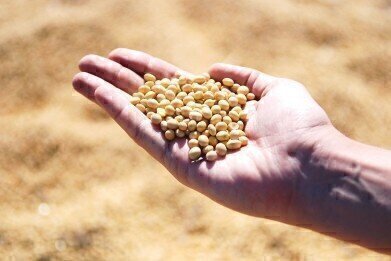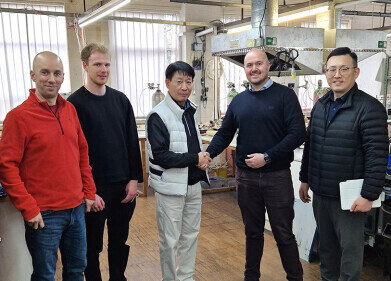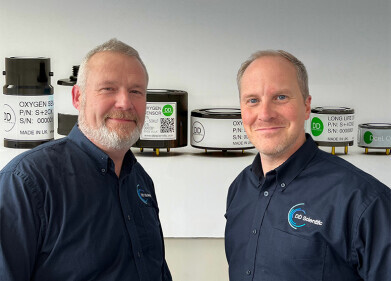Business News
Does Soya Contribute to Deforestation?
Dec 13 2020
Soybeans are the seeds of the legume Glycine max, popular for making oil, milk and food for human consumption. However, the largest market for soya production these days is the agricultural one – over two-thirds of all soybeans grown today are converted into animal feed, primarily designated for pigs, poultry and farmed fish. But while the nutritional benefits of soya make it ideal for that purpose, it does not come without its own alarming environmental impact.
Although soybeans are native to East Asia, the vast majority of production these days takes place on huge industrial farms in the Americas. Indeed, the USA, Brazil and Argentina account for 80% of all soybeans grown globally – and the latter two in particular often do not have rigorous ethical and environmental standards in place to regulate the industry. This means that large swathes of the Amazon Rainforest are being decimated in order to make way for soya plantations, which has a terrible effect on the environment across the globe.
Unsustainable soya
Alongside cattle ranching, the production of soybeans is one of the chief contributors to deforestation in South America. Sizable areas of the Amazon are chopped down each year, with 2019-20 revealing itself to be a particularly troubling 12 months. Over the last year, an area of rainforest seven times larger than Greater London was destroyed in Brazil, Argentina and Bolivia, which is the largest amount for over a decade.
Agriculture has long been known to have a damaging impact on the environment. As well as its critical relationship with water consumption, agriculture is also responsible for mass deforestation of this kind. With fewer trees on the planet, more carbon is emitted into the atmosphere and less carbon is absorbed by their foliage. That means that greenhouse gases are allowed to exist in higher concentrations, contributing indirectly to global warming and climate change.
UK imports guilty by association?
Despite rigorous standards and methods for environmental monitoring in the UK, it appears that Britain cannot be absolved of responsibility for the alarming practices taking place in South America. A collaborative investigation undertaken by Greenpeace, The Guardian newspaper, the Bureau of Investigative Journalism and ITV found that over 40% of all soybean imports in 2019 came from unverified sources where no checks or balances were in place.
Just 40% of the more than one million tonnes of soya that were imported last year came from sources certified as responsible, while a further 17% came from Canada and the USA (where deforestation is not a risk). 37% of imports were at low risk of having come from plantations associated with deforestation, while 6% were at high risk. The research reveals that the UK farming industry must reassess its priorities and change its modus operandi if it is to avoid being complicit in environmental degradation overseas.
Digital Edition
IET 34.2 March 2024
April 2024
Gas Detection - Biogas batch fermentation system for laboratory use with automatic gas analysis in real time Water/Wastewater - Upcycling sensors for sustainable nature management - Prist...
View all digital editions
Events
Apr 30 2024 Melbourne, Australia
Apr 30 2024 Birmingham, UK
May 03 2024 Seoul, South Korea
May 05 2024 Seville, Spain
May 06 2024 Minneapolis, MN, USA



















